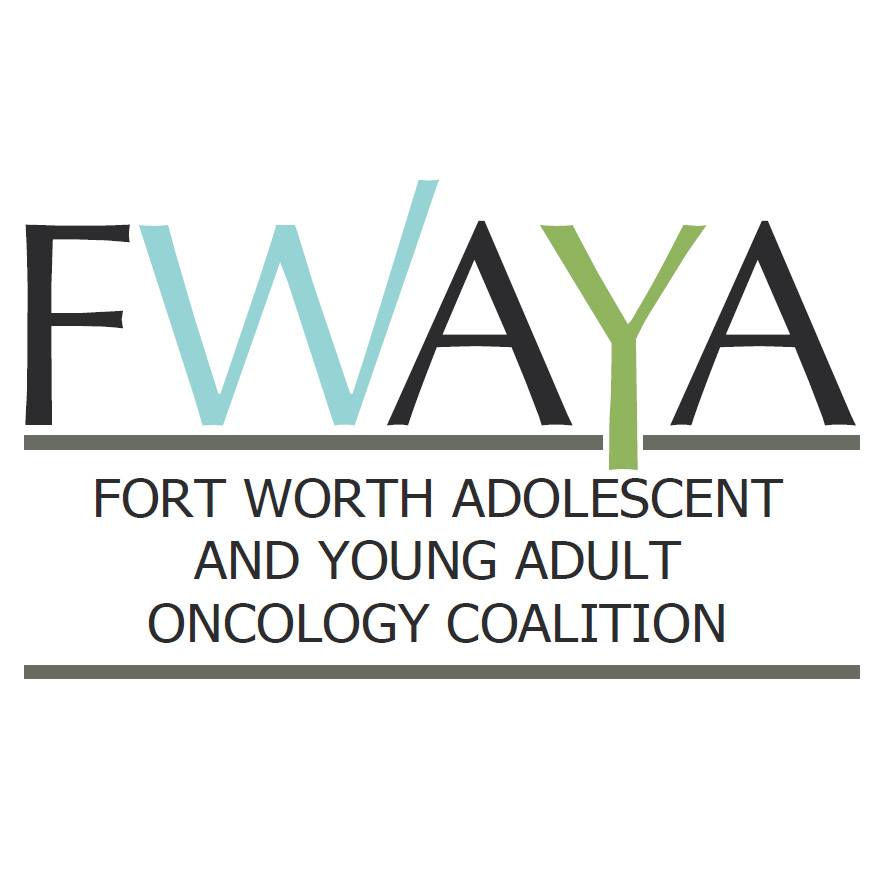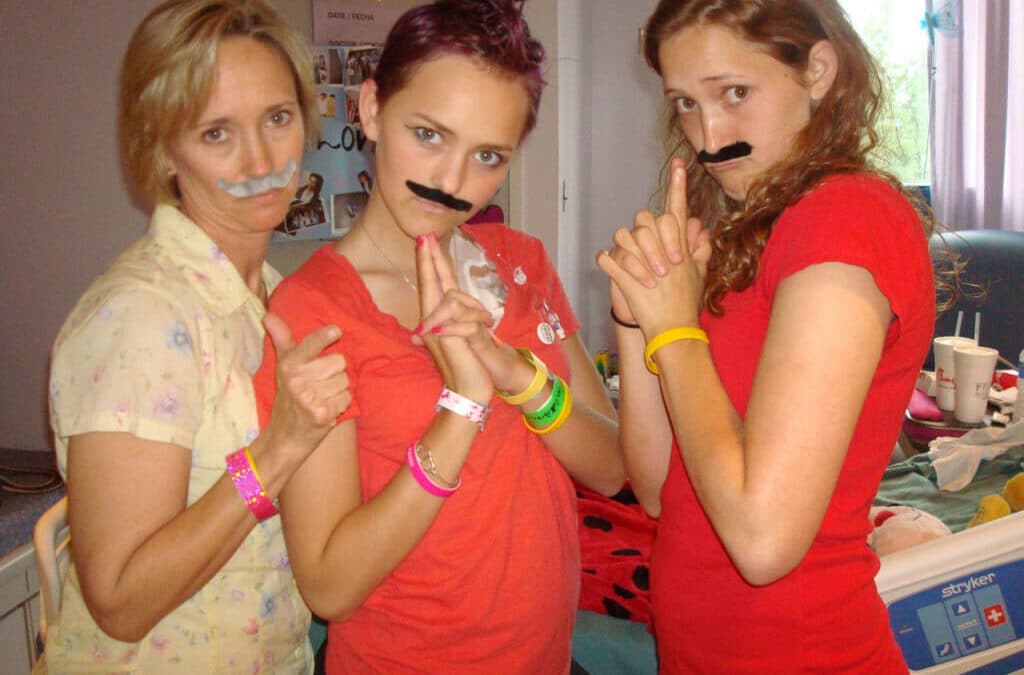An Introspective look from an AYA Cancer Mom
April 22nd, 2010 is a day that will forever be etched into my memory.
It is the day that our happy world of carpooling kids, going to soccer games, proms, college essays, etc. came to a screeching halt.
After 11 months of increasing hip pain, it was the day that we finally received an MRI.
What we discovered was our soon to be 16-year-old daughter, who was an otherwise typical, healthy teenager, preparing for a bright future, was diagnosed with stage 4 Ewing sarcoma, a rare bone cancer.
As my daughter said it best, “It was as if everyone else’s world just kept on going, and ours came to a standstill.”
Instead, it was filled with poking and prodding, scans, biopsies, and preparation for the 11 months of every other week hospital stay to receive chemotherapy and 8 weeks of daily radiation.
Our world turned completely upside down, and as a mother of 3 other children, I could do little more than juggle all of the details of trying to save our precious daughter’s life.
The isolation and low blood counts kept us fearful of germs and isolated, much like we are all experiencing now with Covid19.
The world now knows a little bit about what life is like as a cancer patient.
Our daughter moving toward independence, had to sink back into ‘child mode’ and me as her caregiver.
As a teenager, that is a tough challenge.
She handled it as well as an adolescent could, but pent up anger took years to unpack and come to terms with.
After the fall out of treatment ended, a professional therapist helped our daughter, husband, and I heal from the collateral damage left behind.
We had many friends, family, and strangers who stepped into the gap during the year of treatment to provide meals, drive our other children, bring emotional support to our other children, and, most importantly to pray for our daughter and all of us.
There were times I was so low, I could hardly utter a prayer, but I would literally feel ‘lifted up,’ and I know it was through the prayers of so many.
I had to learn to receive help and not be the one providing it.
But it has blessed our family in so many ways.
It gave way for those who so desperately wanted to help.
By allowing others to help us, the blessings just flowed in.
It wasn’t constant, but when we needed encouragement, a visit, or a hug, it was there for us.
It truly saved our sanity and helped keep our family going.
This April 22nd will be 10 years since that awful day that changed our lives forever.
It is impossible to think it has been that long, and we have come so far since then.
For one, our daughter is with us today, which is a real miracle that she survived.
She was not predicted to, but she did, and promising immunotherapy was an essential factor.
Many other dear friends that we journeyed with for so long were not as fortunate.
Their families suffer great grief, and we feel their pain deeply most every day-but I feel it my privilege to help pave a better path for those families who continue to be faced with adolescent/young adult cancer.
Even though there were so many excellent doctors, nurses, social workers, etc. to help us along our journey, being a young adult presented so many unique issues that simply were not dealt with.
To name a few: counseling and guidance on infertility due to treatment, depression, social isolation, keeping up with school, managing the college process, and, most importantly-life after cancer as a young adult.
For this reason, our family and friends began a nonprofit to specifically help adolescents and young adults journey through cancer and thrive beyond cancer and funding research to find less toxic, more curative therapies for young adult cancers.
We formed the Rutledge Cancer Foundation to meet the needs that Carley did not have.
Since 2011, we have formed a Fertility Preservation Program in partnership with Moncrief Cancer Institute, Carley Closet, an outreach program for newly diagnosed young adult cancer patients, events specifically designed for young adults: Fitness and Wellness Programs, Retreats, Sports Outings, Game nights, to name a few.
Most importantly, cutting edge research to help raise the survival curve for young adults, which have seen little change in over 40 years.
The 3 takeaways I would like to give to any parent out there dealing with their adolescent or young adult child’s cancer diagnosis are these:
● Lean on friends, family, and your faith to help you get through it. If you need further help-do not be ashamed to get professional help
● Take each day at a time, not fearing what could come, but what today brings. Like fellow cancer, mom told me, “make sure you and your child have one good belly laugh together-everyday.”
● Always remember you are your child’s greatest advocate and don’t hesitate to fight for them when they cannot fight for themselves.
Laura Rutledge Executive Director Rutledge Cancer Foundation


Recent Comments